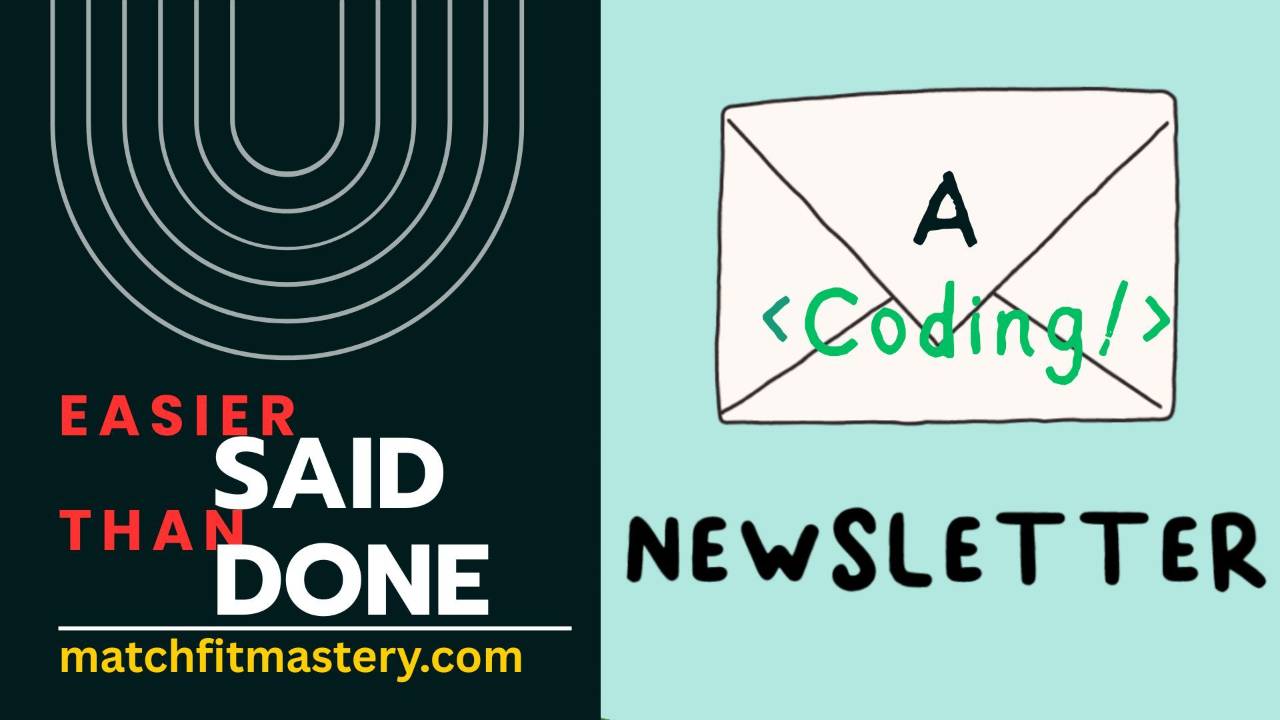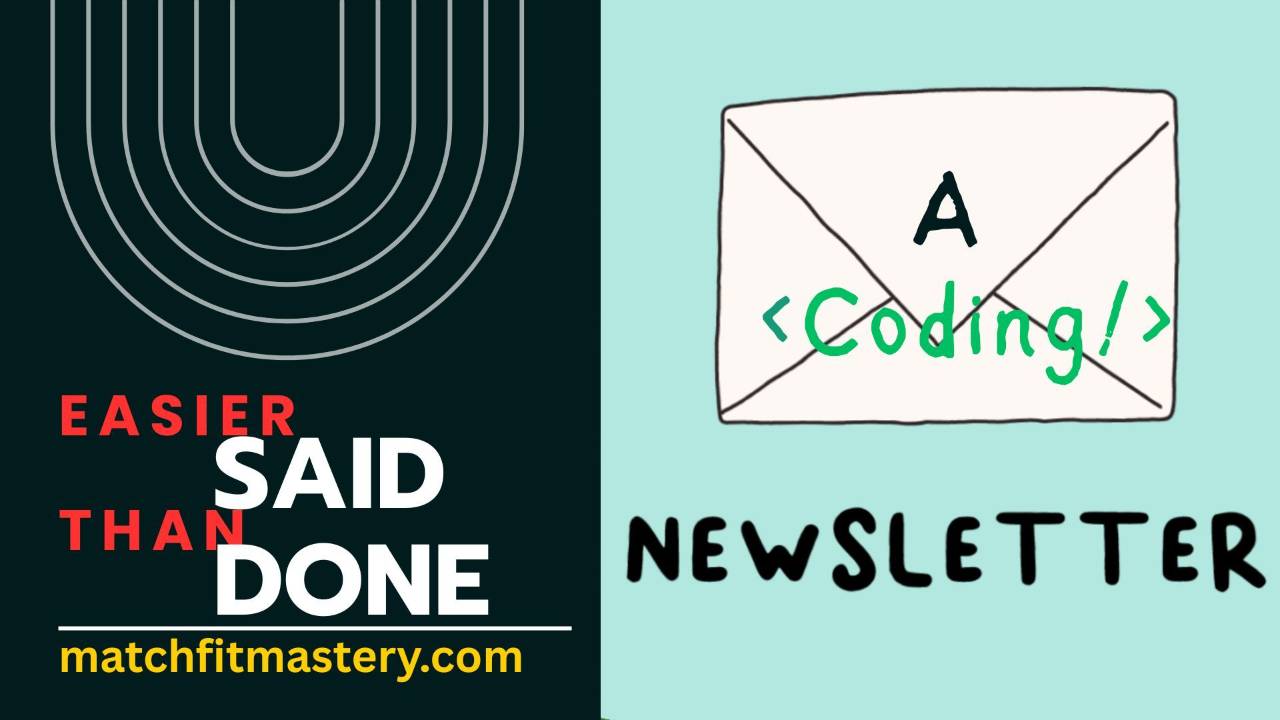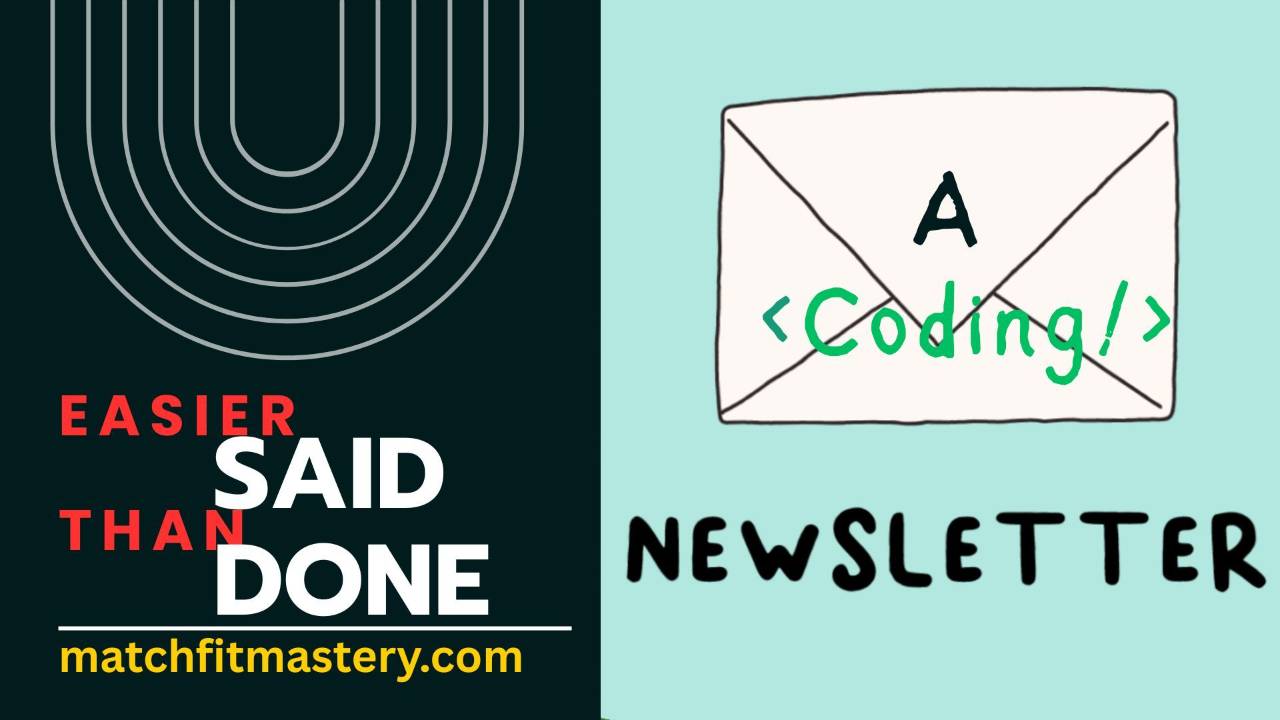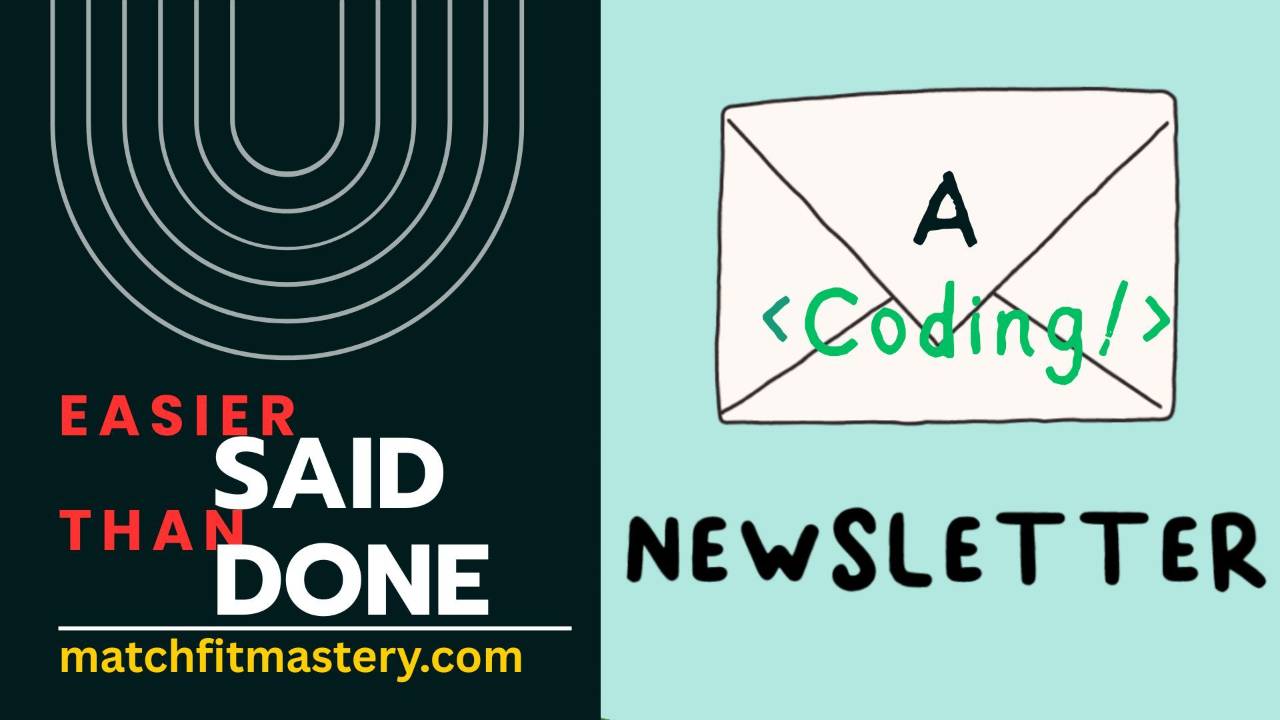The FANG Interview Myths: How to Actually Crack Top Tech and Accelerate Your Mid-Career Pivot
In this newsletter, I'm going to explain how to strategically prepare for and land interviews at top tech companies like Google, even if you're a mid-career professional feeling like you're starting from scratch.
Why should you want to learn how to do this?
Because securing a role at a leading tech company isn't just about a bigger paycheck; it's about unlocking a level of intellectual challenge, professional growth, and career security that most traditional paths simply can't offer.
It's about escaping the mundane and stepping into a creative future where your skills are truly valued and your work has real-world impact.
Unfortunately, far too many aspiring coders get bogged down in endless coding puzzles, fall prey to outdated advice, or worse, convince themselves they're simply not "Coder material."
The Primary Reason Most Mid-Career Tech Dreams Stall: Misunderstanding the "Filter"
The biggest hurdle isn't your coding ability. It's the widespread misconception that cracking a top tech interview is only about pure technical genius and grinding hundreds of LeetCode problems. This belief is paralyzing and often leads to misdirected effort.
Here are 4 other reasons ambitious professionals struggle to make real progress:
-
Blindly Grinding LeetCode: Many dive headfirst into coding challenges without understanding the underlying meta patterns or the specific "filter" of the company they're targeting. This leads to exhaustion and minimal returns.
-
Ignoring Non-Technical Skills: They underestimate the critical importance of collaboration, problem-solving approach, and cultural fit – all elements that are just as crucial as coding.
-
Waiting for Perfection: Instead of building and applying knowledge, they get stuck in "tutorial hell," believing they need to master every concept before creating anything.
-
Believing Past Experience is Irrelevant: They discard years of invaluable professional skills, thinking tech companies only care about recent grads with CS degrees.
Here's the good news: you can absolutely overcome these challenges! Your journey to a top tech role doesn't have to be a confusing, lonely battle.
Here's how, step by step:
Step 1: Understand the Filtering System, Don't Just Grind Code
It's crucial to recognize that every company, and every interview, operates with a specific "filtering system." This is where so many aspiring candidates go wrong – they prepare for a "generic" coding interview when each company, especially top tech, has its own nuances.
Think about it: when I transitioned from law to Google, I couldn't just code. 100% of the candidates could "code".
I had to stand out...by a country mile...in a good way. A desirable way.
As I'd already been hiring in 2 industries and 4 countries by then, I understood that Google's interviews are like all interviews -- they aren't solely about the core skill (code); they heavily weigh your approach to problem-solving, your collaboration skills, and your engineering mindset.
This is true even outside of Big Tech. Not nailing the coding round may not be a death sentence if you clearly signal you're capable of solving the problem! My partner in the Parsity-Inner-Circle, Brian, even received an offer despite needing some help in a technical interview, proving that "good enough" technical skill combined with strong collaboration can outperform isolated brilliance.
Just like getting into a top university requires us to discern specific entrance exam requirements, you need to dissect the actual hiring criteria relevant to that company. Do not assume that all companies want identical things.
Step 2: Employ "Inversion Thinking" for Your Prep
Now, in this first sentence, I'll tell you where so many go wrong: they blindly follow common advice or whatever learning resource is most easily accessible, rather than strategically identifying what fails and doing the opposite. Many dive into massive, generic prep books that treat all coding interviews as identical, which is a critical mistake.
To avoid this, apply inversion thinking: Instead of trying to figure out what will succeed (which is hard to predict), identify what fails and simply do the opposite.
For instance, jumping between learning platforms, not paying for resources (which often leads to less commitment), or lacking consistency are common pitfalls.
My strategy was to "pick and stick" with one quality resource, like AlgoExpert (doing 40% of it, not 100%), and commit fully. This focused approach, rather than scattered efforts, made all the difference.
Step 3: Master Your Mindset, Not Just Algorithms
This step reveals the true light at the end of the tunnel: your ability to manage your psychology and leverage your unique professional experience is often the hidden key to standing out and excelling under pressure.
Why?
Because no matter how much you practice, if your mind isn't focused and controlled during the interview, you'll struggle.
(I wrote about this extensively for the FreeCodeCamp Blog. See here )
This final step, combined with understanding filtering systems and employing inversion thinking, ladders up to becoming an exceptionally strong, well-rounded candidate.
Your prior career may have already equipped you with invaluable skills in problem-solving, communication, and navigating complex situations.
These aren't just "soft skills"; they are critical assets that make you a more desirable hire…if you connect those skills with needs within the business.
You can expect to not only land the interview but also excel in it by showcasing how your existing wisdom complements your newly acquired technical prowess, to solve problems you know the company wants solved.
Note how this requires you to research the company, the team and the team members.
5 ways we can help you:
1. Wondering what learning to code actually means?
Becoming a coder is much more than just "learning to code" some languages. When I got hired at Google, for example, I didnt know 3 out of the 4 languages I had to write every day.
If you're still wondering if coding is right for you then I recommend:
👉 My FreeCodeCamp Course On YouTube --> Before You Learn To Code (Video).
👉 Updated version (including Google and other big tech experiences)
2. Inner Circle (Free Preview Included)
Our personalized, intensive mentorship program designed to help career changers go from zero to software developer—and actually get hired. It’s not for everyone, but if you’re ready to commit, we’ll walk with you every step.
👉 Preview the Inner Circle Program -> free preview.
👉 Learn more about the Inner Circle coaching program here: https://parsity.io/inner-circle
3. Dev30
Want to learn the basics, but not quite ready for the Parsity Inner Circle? No problems - Try the Dev30 challenge!
It’s our 30-day JavaScript sprint focused on building real projects, learning in public, and creating a network in tech.
👉 Join dev30 → dev30.xyz
4. Career Change To Code Podcast
Driving? At the gym? Hiding in the bathroom? Perfect time to inject the best techniques for a career change to code directly into your brain via
👉 Follow the podcast here: YouTube | Spotify
5. Weekly Tips In Your Inbox
👉 Subscribe to this newsletter (it’s free). I try and keep it to 3 minutes or less so you can read in the elevator, waiting in lines, in the bathroom...😝





